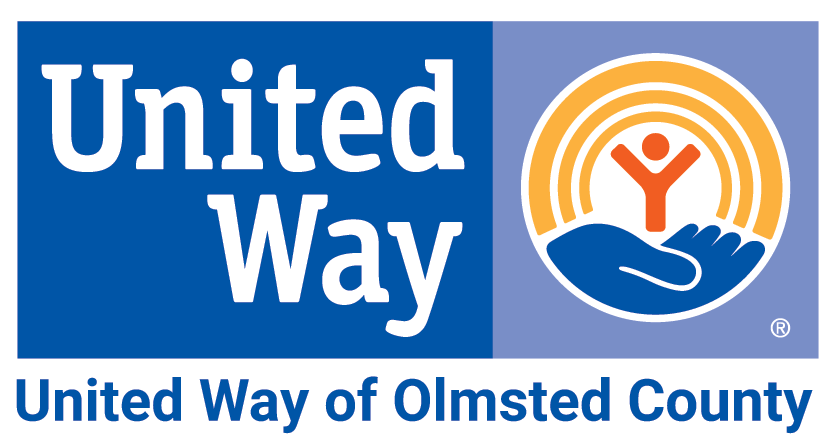.png)
Thursday, January 27
“To teach in a manner that respects and caresfor the souls of our students is essential if weare to provide the necessary conditions wherelearning can most deeply and intimately begin.”- bell hooks |
COVID-19 is not the only traumatic event that caused learning loss in the 2020-2021 school year.
Additional stressors hindering many students' education include repeated exposure to the murder of Black people, Indigenous, and People of Color (BIPOC) at the hands of police, political turmoil, job loss, and the impact of natural disasters on our nation. (Cradle 2 Career, Databytes Blog)
As in many states, Minnesota schools did not administer the Minnesota Comprehensive Assessments, and early childhood education providers were unable to assess many students for developmental milestones due to the pandemic. State-wide, what we do know is that…
- There has been less loss in areas requiring conceptual thinking. Conceptual thinking is the practice of connecting abstract, disparate ideas to deepen understanding, create new ideas, and reflect on past decisions.
- There is more acute loss in areas requiring memorization. Being able to memorize data/information is crucial to learning new concepts. If a student cannot remember a concept, they have not really learned it.
- Children from affluent families are showing less learning loss.
- Students utilizing special education services are more likely to have academic regression.
(Education Minnesota’s Educator Policy Innovation Center (EPIC))
The Minnesota Report Card also shows how our state and each school is doing in terms of student engagement, mastery of learning standards, high school graduation rates, and more.
Locally...
- Olmsted County is home to 26,569 school-aged children (Census Table SO101).
- In 2020, 91.9% of elementary students demonstrated consistent attendance (MDE Report Cards)
- In 2019, 58.0% of 3rd grade students were reading at grade level (MDE Report Cards).
- 1,093 elementary students had access to a Community School in the 2020-2021 school year.
Today’s Challenge: Do one or more of the following…
OPTION 1: Cradle 2 Career believes children in Rochester of every identity deserve a high-quality educational experience. They bring together people and groups across the community to eliminate education disparities, eliminate racial inequities, and advocate for systems-level change. Read Cradle 2 Career’s latest impact report.
OPTION 2: “There are no broken systems. Every system is designed to fail our most vulnerable youth.” Watch The Road to Economic Mobility with Strive Together (3:45). StriveTogether, Cradle 2 Career's national affiliate organization, is building a world where a child’s potential isn’t dictated by race, ethnicity, zip code, or circumstance.
OPTION 3: Watch How America’s Public Schools Keep Kids in Poverty (13:42), a TED Talk with Kandice Sumner. “We sit and we keep banging our heads against this term —'achievement gap’…I think we, as Gloria Ladson-Billings says, should flip our paradigm and our language and call it what it really is. It's not an achievement gap; it's an education debt, for all of the foregone schooling resources that were never invested in the education of the Black and Brown child over time.”
OPTION 4: Watch songs and short documentaries of Sesame Workshop's Coming Together, developmentally appropriate resources to help you guide your child to be an upstander to racism, in and out of the classroom.
OPTION 5: A community school is both a place and a set of collective partnerships between Rochester Public Schools, United Way of Olmsted County, the individual school site, and other community resources. The community school model strategically and purposefully addresses barriers that impede students' academic success. Watch the story on local Community School Riverside Elementary (4:41), part of the Moving Lives Minnesota: Stories of Origin & Immigration series from PBS Stations of MN.
OPTION 6: Have questions about the content you are engaging with during the Challenge? Want to connect with others and reflect on our shared experiences? Join United Way VIRTUALLY for Community Conversation #2 (Monday, January 31 from noon-1:00 p.m.). Follow the link to learn more and RSVP your attendance. Space is limited to provide a meaningful small-group experience.
